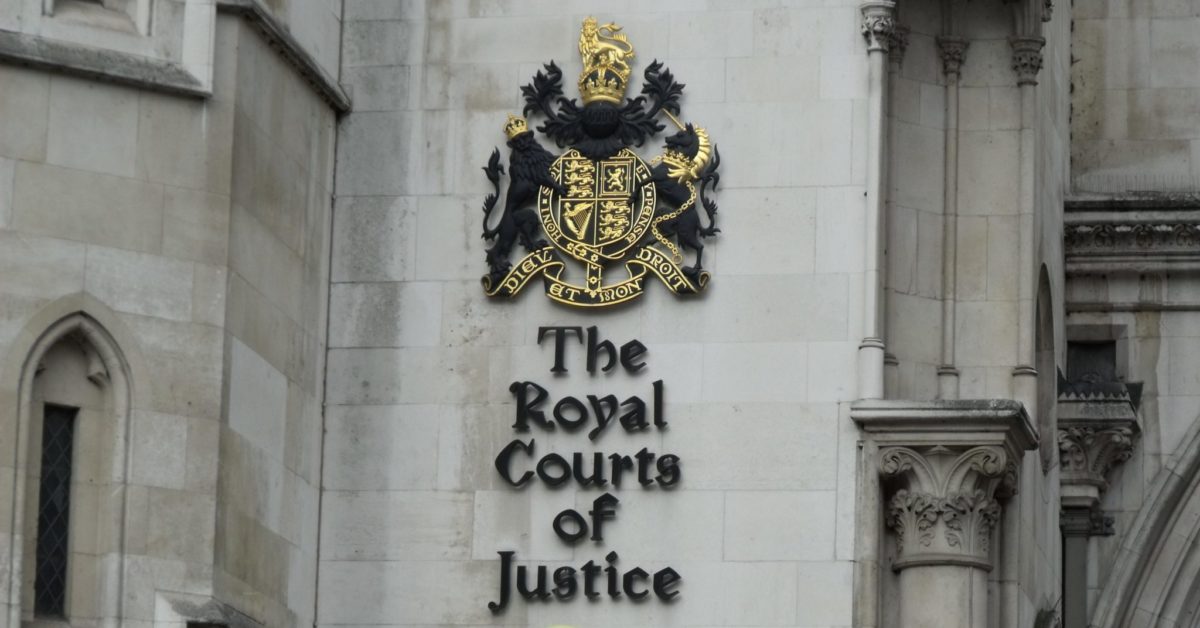The High Court has held that, when judicially reviewing a decision of the Upper Tribunal refusing permission to appeal (known as a Cart judicial review), there is no oral permission hearing. This was the conclusion reached in Karim v Upper Tribunal (Immigration and Asylum Chamber) [2024] EWHC 1368 (Admin).
The Civil Procedural Rules appear to provide two remedies following refusal of permission to proceed with a Cart judicial review:
- A request for the decision to be reconsidered at an oral hearing (under rule 54.12(3)). This rule is of general application.
- An appeal to the Court of Appeal (under rule 52.8(2)). This rule applies specifically to Cart judicial reviews.
The claimant argued that an oral reconsideration request was available for six reasons:
- The rules confer both a right to request reconsideration at an oral hearing in the High Court and a right of appeal to the Court of Appeal.
- The express restriction on oral reconsideration previously found in the rules is no longer there. The rules previously unambiguously stated: “If the application for permission is refused on paper without an oral hearing, rule 54.12(3) (request for reconsideration at a hearing) does not apply.”
- The question of whether judicial review is ousted by section 11A of the Tribunals, Courts and Enforcement Act 2007 is distinct from the question of which court can consider whether judicial review is ousted.
- The court only lacks jurisdiction if section 11A has been correctly applied. Such a question can, in principle, be revisited at an oral reconsideration hearing in the High Court; just as it can be revisited in the Court of Appeal. A decision refusing permission on the papers does not deprive the High Court of jurisdiction to consider, at an oral hearing, whether that decision was correct.
- The question of whether an oral reconsideration hearing is unavailable was not one of the issues the Court of Appeal provided binding guidance in relation to in LA (Albania) v The Upper Tribunal (Immigration & Asylum Chamber) [2023] EWCA Civ 1337 (see here for Free Movement’s write up).
- There must be jurisdiction in exceptional circumstances to avoid a serious injustice.
These arguments were rejected by the High Court. In relation to each of the points the court held:
- “The rules cannot sensibly be interpreted as conferring two simultaneous rights: reconsideration in the High Court by request within 7 days (CPR 52.8(2)(4)); and application for permission to appeal to the Court of Appeal by request within 7 days (CPR 54.12(3)(4))” (at [12]).
- The rules do not “need to spell the position out” even though they previously did prior to 5 April 2023 (at [12]).
- The Supreme Court in Cart did not say that the level of independent scrutiny required by the rule of law involved reconsideration of permission for judicial review at an oral hearing (at [11(v)]).
- Once a decision has been made, on the papers, to refuse permission that is the end of the process in the High Court. Whether the judge was right becomes a question for the Court of Appeal (at [14]).
- LA (Albania) is binding on the Hight Court and could not be departed from. Although the availability of an oral hearing was not one of the main issues in that case, it was specifically addressed by the court (at [15]).
- The remedy for any injustice is an appeal to the Court of Appeal (at [17]).
In LA (Albania) the Home Office had argued that the Court of Appeal could not hear the appeal as there had been no oral hearing. This argument was rejected:
…the objection made on behalf of the Secretary of State is not sustainable… the High Court was right to dismiss Ms LA’s request to have a renewed hearing of the application for permission to apply for judicial review. This was because it did not have jurisdiction to hear the application for permission to apply for judicial review. This explains why CPR 52.8(2) remains in the same terms. This is because, following the introduction of section 11A of the 2007 Act, if permission to apply for judicial review of a decision of the Upper Tribunal has been refused, the High Court will not have had jurisdiction to have an oral hearing of the renewed application for permission to apply for judicial review. The applicant may seek permission to appeal that conclusion from the Court of Appeal, as Ms LA has done here. (LA (Albania) at [29]).
The High Court in Karim suggested that: “…the Court of Appeal was plainly intending to provide clarity on an important procedural issue” (at [15]). That, in itself, was enough to justify following their decision.
As such, the only remedy available in England is an appeal to the Court of Appeal.
This decision is not binding in Scotland. Anyone pursuing judicial review north of the border will still be able to request an oral reconsideration hearing under section 27C of the Court of Session Act 1988.
In Scotland, a right of appeal against a decision refusing permission is only conferred following an oral hearing (Court of Session Act 1988, section 27D). There is no specific provision, as there is in England, providing for an appeal against a refusal of permission on the papers in a judicial review of a decision of the Upper Tribunal (known as an Eba judicial review in Scotland). As such, the rules in Scotland do not confer two simultaneous rights which need to be reconciled with one another as was the case in Karim.













